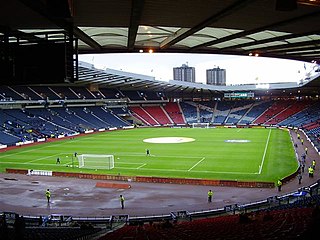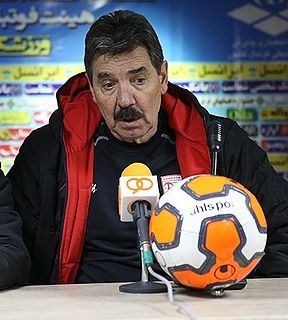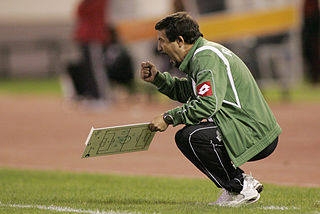| Personal information | |||
|---|---|---|---|
| Full name | Carlos Luís Cereja de Morais Brito | ||
| Date of birth | 21 September 1963 | ||
| Place of birth | Porto, Portugal | ||
| Height | 1.80 m (5 ft 11 in) | ||
| Playing position | Centre back | ||
| Youth career | |||
| 1977–1980 | Progresso | ||
| 1980–1982 | Boavista | ||
| Senior career* | |||
| Years | Team | Apps | (Gls) |
| 1982–1985 | Boavista | 8 | (3) |
| 1985–1990 | Salgueiros | 125 | (8) |
| 1990–1996 | Rio Ave | 152 | (6) |
| Total | 285 | (17) | |
| Teams managed | |||
| 1996–2000 | Rio Ave | ||
| 2000–2001 | Estrela Amadora | ||
| 2002–2005 | Rio Ave | ||
| 2005–2006 | Boavista | ||
| 2006–2007 | Nacional | ||
| 2007–2008 | Leixões | ||
| 2009–2012 | Rio Ave | ||
| 2015 | Penafiel | ||
| 2016 | Freamunde | ||
| * Senior club appearances and goals counted for the domestic league only | |||
Carlos Luís Cereja de Morais Brito (born 21 September 1963) is a Portuguese retired footballer who played as a central defender, and is a manager.

Association football, more commonly known as football or soccer, is a team sport played with a spherical ball between two teams of eleven players. It is played by 250 million players in over 200 countries and dependencies, making it the world's most popular sport. The game is played on a rectangular field called a pitch with a goal at each end. The object of the game is to score by moving the ball beyond the goal line into the opposing goal.

In association football, a manager is an occupation of head coach in the United Kingdom responsible for running a football club or a national team. Outside the British Isles and across most of Europe, a title of head coach or coach is predominant.
Contents
Most of his career was associated with Rio Ave, which he represented as both a player and manager, the latter in various spells.

Rio Ave Futebol Clube, commonly known as Rio Ave[ˈʁi.u ˈavɨ], is a Portuguese football club based in Vila do Conde, northern Portugal. The club is named after the Ave River, which flows through the town and into the Atlantic Ocean.










